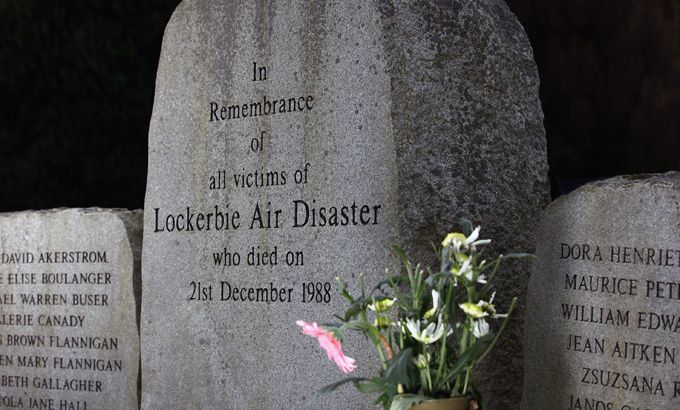
Lockerbie’s ‘cold case’
Was justice served or should there be a new independent investigation into the 1988 bombing of Pan Am Flight 103?
The death of Abdel Baset al-Megrahi, the only man ever convicted over the 1988 bombing of a Pan Am jet over Scotland, has left some of the victims’ relatives relieved.
|
“Libya was found guilty and punished by the United Nations many years before this case went to court and those sanctions, which were very biting and damaged the Libyan people an awful lot, were based on evidence that was at best shaky and at worse concocted.“ – John Ashton, the author of Megrahi: You Are my Jury |
But others continue to question the soundness of the conviction and whether the real culprit is still out there.
Was justice served or should a new independent and thorough investigation be carried out?
Al-Megrahi, who was sentenced to life in prison for the bombing of Pan Am flight 103 over the Scottish town of Lockerbie, died on Sunday from prostate cancer.
He was convicted in 2001 but maintained his innocence.
His lawyers accused British and US authorities of tampering with the evidence during the investigation and disregarding witness statements. They also accused them of steering investigators away from suggestions the bombing may have been an Iranian-financed plot – to avenge the downing of a civilian Iranian airliner by a US warship that killed some 290 people several months before the Lockerbie bombing.
The court denied theories of any intentional misdirection. But it was a case with many legal and diplomatic twists.
|
“Yes, there was obviously an Iranian motive as well but there was also a Libyan motive. This was the era when Libya was riding high on the coat tails of international terrorism, pushing its own contacts within international terrorist groups and it also had a motive given the Tripoli bombings.“ – Alan Mendoza, the executive director of the Henry Jackson Society |
When al-Megrahi was released in August 2009 on compassionate grounds, the Libyan media portrayed it as a victory and an honourable end to the entire saga.
Soon thereafter, Muammar Gaddafi appeared eager to normalise relations with the West. In an interview, a month after al-Megrahi’s release, Gaddafi repeatedly argued that the case was closed and it was time for Libya to move on.
But on the day of al-Megrahi’s funeral there were renewed calls for a new probe, and the Scottish government is facing increasing pressure to launch an independent inquiry into the Lockerbie bombing.
So, should al-Megrahi’s death mean the closure of the Lockerbie file?
Inside Story, with presenter Ghida Fakhry, discusses with guests: John Ashton, a former member of al-Megrahi’s legal team and author of Megrahi: You Are my Jury; Alan Mendoza, the executive director of the Henry Jackson Society – a foreign policy think tank with expertise in Libya that was part of a campaign against al-Megrahi’s release in 2009; and Mohamed Eljarah, a Libyan academic researcher and activist.
TIMELINE:
- In November 1991, Britain and the US accused al-Megrahi and another Libyan of the bombing
- Libya denied any involvement and said it would not hand them over
- Between 2001 and 2002 al-Megrahi was tried and convicted at a special court in the Netherlands. The case was decided by three Scottish judges in the Netherlands
- He was convicted on 270 counts of murder and jailed for life
- In August 2003, Libya agreed to compensation for the victims of the bombing after months of talks with British and US officials, prompting a lifting of UN sanctions
- In August 2009, al-Megrahi was released from prison on compassionate grounds a few months after his lawyers launched a second appeal against his conviction in Scotland
- In July 2011, he was seen publicly for the last time at a pro-Gaddafi rally
- He died on Sunday